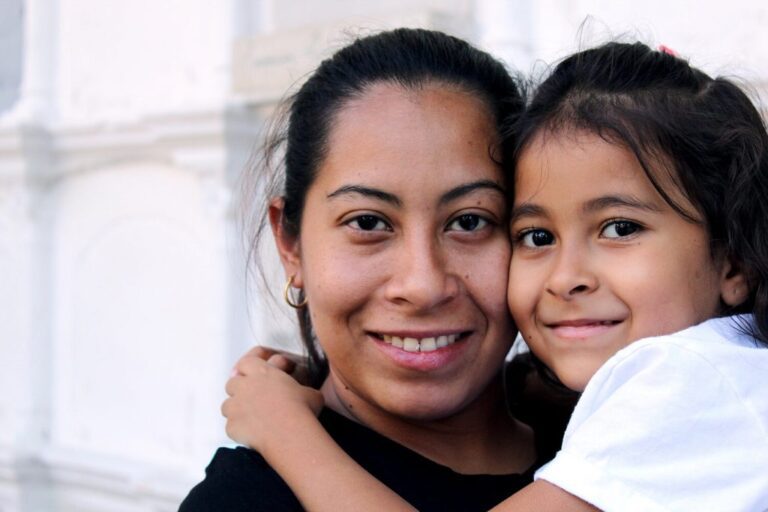Transforming Communities Through Enterprise
[Through the Black Star Fund], we are looking to fund – on the for-profit technology investment side – diverse founders of color.
My journey into this started when I was at Stanford, but in the immediate history, believe it or not, working with the rock star Prince. Around 2013, I had an opportunity to work with him and be part of an organization that he co-created with Van Jones called #YesWeCode that was born out of the Trayvon Martin tragedy. Prince was at home watching television and saw Trayvon’s murderer set free and acquitted. He asked, ‘Why is it that when we see African American men wearing hoodies, we think they’re criminals and thugs, but when we see a young white guy wearing a hoodie in Silicon Valley, we think maybe that’s the next Mark Zuckerberg?’
He said, ‘we need to do something about that. Where are the Black Mark Zuckerbergs? Where are they?’ So he planted the seed in our heads around the idea of the innovation economy.
Those of us that have historically been left out, cut out, marginalized, or quite frankly, never thought about it, what if we were leading it? Not just getting jobs at Google, but what if we were creating the next Google? This resonated with a group of us who went to Stanford because we went to school with the folks who created Google, Yahoo, PayPal, and Palantir. We were there, but we never thought to ourselves, what would it look like if we were not only those founders, but what would it look like if we were aggregating the dollars to be the investors. We’re excited when we see big exits of technology companies, but think about the folks who got in early to invest in those companies.
So we started on that journey with a Black Angel Tech Fund. In that fund, 80 percent of our portfolio were African American women. It was not a women focused fund, but the portfolio was 80 percent. I heard the question, ‘How do we get these corporations to do the right thing? How do we get them to start to change some of their internal practices?’ I love what my friend, Dr. Wendy Ellis said, it’s about the intent. What is the intent? What if we were creating new technology companies and the intent was to have them founded by and funded by, in a lot of cases, folks of color? What do you think would happen?
One of our partners is an incredible woman named Mary Spio. Mary Spio is a Ghanaian woman born in New York City but raised in Ghana. She has created a virtual reality company [CEEK] that I believe will be at the level of a Google, Facebook, or an Apple in the next two years. Do you think we’re going to have to have conversations with her about gender diversification of her board? Do you think we’re going to have to do training so that she can have a more diverse c-suite?
I’m part of a movement. Just yesterday in New York City was an incredible meeting of Black women in tech. These are the top leaders in the tech industry that happen to be women of color. These are folks who are looking to aggregate hundreds of millions of dollars to fund early stage technology companies.
My big idea is something I call 100 by 100. The idea is a vision of 100 Black and African fund managers who are managing $100 million innovation funds. Now, how does that tie back to the work? It ties back to the work because we’re talking about transforming communities. What happens in the Bay Area is a technology company will get $5 million, come in, buy all the offices, have all their employees who are making six figure incomes coming to the neighborhood, pushing everyone out; we call that gentrification. Well, let’s go back to Dr. Ellis’ point about intent.
What if the founder went into that community and said, ‘we’re putting our headquarters in east Oakland, we’re putting our headquarters in Harlem, we’re putting our headquarters in East St. Louis, and we’re not running the people out, the people are going to work for the company?’ Now we’ll bring some other folks in who might have some of the talent that we need, but then they are going to be working side by side.
That way we’re talking about uplifting communities, transforming communities, different images that young men will have to see of what it means to be a man, to be a father, to be a provider. All of those things can happen – and we’re talking about en masse and at a massive scale.
So that is the work that I do. And although it’s in the venture space, understand that I operate within the two-generation framework and am committed and passionate about seeing these transformations around a model of hyper acceleration. [This has been] a 400-year journey for some of us, and we cannot wait another 400 years or another hundred years. So I believe that this process of aggregating $10 billion to invest in early stage innovative companies that will ultimately transform communities and create wealth and a completely different flow of capital will be one of the key answers to solving this problem, and will be a phenomenal driver and support system for work on behalf of children and families.
Kwame Anku is CEO and chairman of the Black Star Fund, an early stage innovation fund investing in the United States and Africa. Prior to the Black Star Fund, Kwame Anku was the principal of the Black Angel Tech Fund, a pioneering investment fund he co-founded that focused on capitalizing Black technology entrepreneurs. Recently named “One of the Top 25 Black Venture Capitalists to Watch in 2018” by Pitchbook, Anku has worked extensively in business development and media marketing blending entrepreneurship, social impact, and corporate engagement for over two decades. Anku entered into the tech industry after being personally recruited by the late legendary rock star Prince to develop his mobile app. He later went on to serve as the national director of strategic development for the Prince-inspired #YesWeCode initiative, supporting youth of color empowerment through the creation of technology. Kwame has appeared on CNN, MSNBC, BBC Worldwide, SiriusXM, and National Public Radio and is a mentor for both the AT&T Aspire Accelerator and Founder Institute Sacramento. Anku is a 2018 Aspen Institute Ascend Fellow.
Relive every second of the Forum and check out highlights:
- 2019 Aspen Forum on Children and Families playlist
- Parents’ Perspectives Launch 2019 Aspen Forum on Children and Families
- 3 Surprises About How Parenting Affects Your Brain
- Financial Empowerment Experiments to Watch
- Great Quotes on Slaying Poverty
Check out Ascend Fellows, Network Partners, and Family Prosperity Innovators’ big ideas to move families toward opportunity in 2019 here and how the 2Gen approach inspires their work here.
Related Posts





